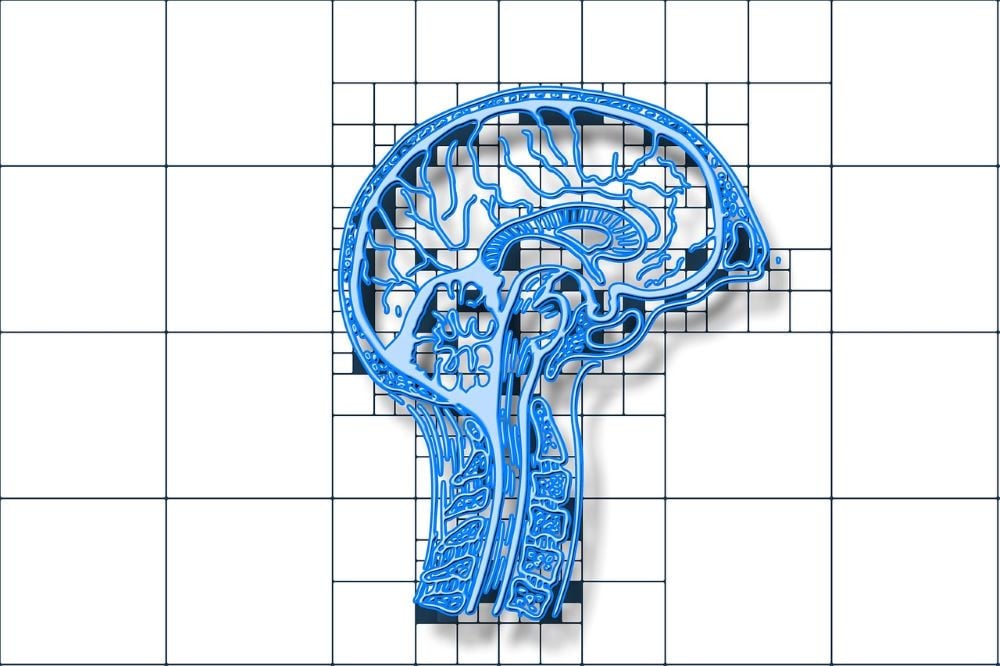-

-
-
Loading

Loading


Have you ever walked into a room and completely forgotten why you were there? Or struggled to recall a name just seconds after being introduced? While occasional forgetfulness is normal, some everyday habits may be silently sabotaging your memory. If your brain feels foggy or you’re forgetting things more often, your daily routine could be the culprit. Here are seven habits that might be harming your memory—and what you can do to protect your cognitive function: 1. Skipping sleep A good night’s sleep isn’t just about feeling refreshed—it’s essential for memory retention. When you don’t get enough sleep, your brain doesn’t have the time it needs to properly process and store the information you’ve taken in during the day. Studies show that lack of sleep impairs both short-term and long-term memory. According to a recent study published in Neurology, the official journal of the American Academy of Neurology, people who experience disrupted sleep in their 30s and 40s are more likely to suffer from memory and cognitive difficulties a decade later. To keep your memory sharp, experts recommend getting 7-9 hours of quality sleep each night. 2. Multitasking Many people believe that juggling multiple tasks at once is an efficient way to work, but research suggests otherwise. The human brain struggles to focus on more than one complex task at a time, and frequent task-switching can overload the brain, making it harder to remember information. Instead of bouncing between emails, social media, and work assignments, experts recommend focusing on one task at a time. Techniques like the Pomodoro method—a time management strategy that breaks work into focused intervals—can help improve concentration and memory retention. 3. Increased sugar consumption A diet high in sugar doesn’t just affect physical health—it impacts brain function, too. Excess sugar consumption can lead to inflammation and oxidative stress, both of which damage neurons and impair memory. Cutting back on processed sugars and opting for brain-boosting foods like nuts, berries, and leafy greens can help protect cognitive function and reduce the risk of memory decline. 4. Lack of excercise Regular physical activity is crucial for brain health. Exercise increases blood flow to the brain, supports neurogenesis (the creation of new brain cells), and improves cognitive function. A 2011 study published in Proceedings of the National Academy of Sciences found that aerobic exercise, such as walking, can increase the volume of the hippocampus—a brain region essential for memory. The study demonstrated that just 30 minutes of walking three times a week for a year improved memory performance in older adults. 5. Ignoring social integration Social engagement plays a key role in maintaining cognitive sharpness. Going for days without interacting with others can negatively affect memory function. Conversations and social experiences keep the brain active and enhance recall abilities. A quick phone call, a coffee catch-up with friends, or regular social outings can stimulate mental engagement and support brain health. 6. Chronic stress and anxiety Stress floods the brain with cortisol, a hormone that, in high amounts, can shrink the hippocampus—the part of the brain responsible for memory. Chronic stress disrupts the brain’s ability to process, organize, and store information, leading to cognitive overload and forgetfulness. Noor Amawi, a clinical psychologist at the German Neuroscience Center, explains that stress often results in anxiety-related symptoms such as overthinking and rumination, which further impair cognitive clarity and working memory capacity. Incorporating relaxation techniques such as mindfulness, deep breathing, or short breaks throughout the day can help combat stress and protect memory function. 7. Excessive reliance on technology From storing phone contacts to relying on GPS for navigation, technology has made it easier to outsource memory. However, excessive dependence on digital devices can weaken natural recall skills. Experts suggest challenging the brain by memorizing important phone numbers, navigating without GPS occasionally, or engaging in memory-training games to keep mental faculties strong. Why It’s important to break these habits Over time, these memory-damaging habits contribute to “memory clutter,” where essential brain regions—such as the hippocampus, prefrontal cortex, and amygdala—become overwhelmed or impaired. Factors such as chronic stress, cognitive overload, and aging can further weaken these areas, making it harder to retrieve crucial information. By making small, intentional changes to daily habits—such as prioritizing sleep, reducing stress, engaging in physical activity, and practicing mindfulness—people can strengthen their memory and cognitive function for years to come.
if you want to get more information about this news then click on below link
More Detail